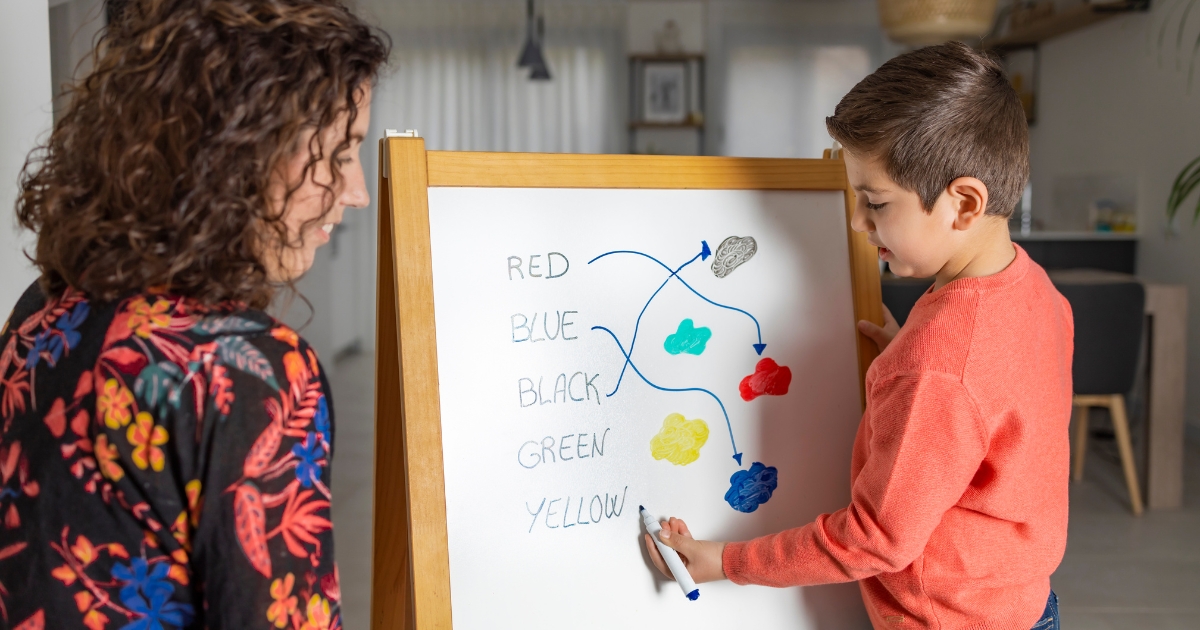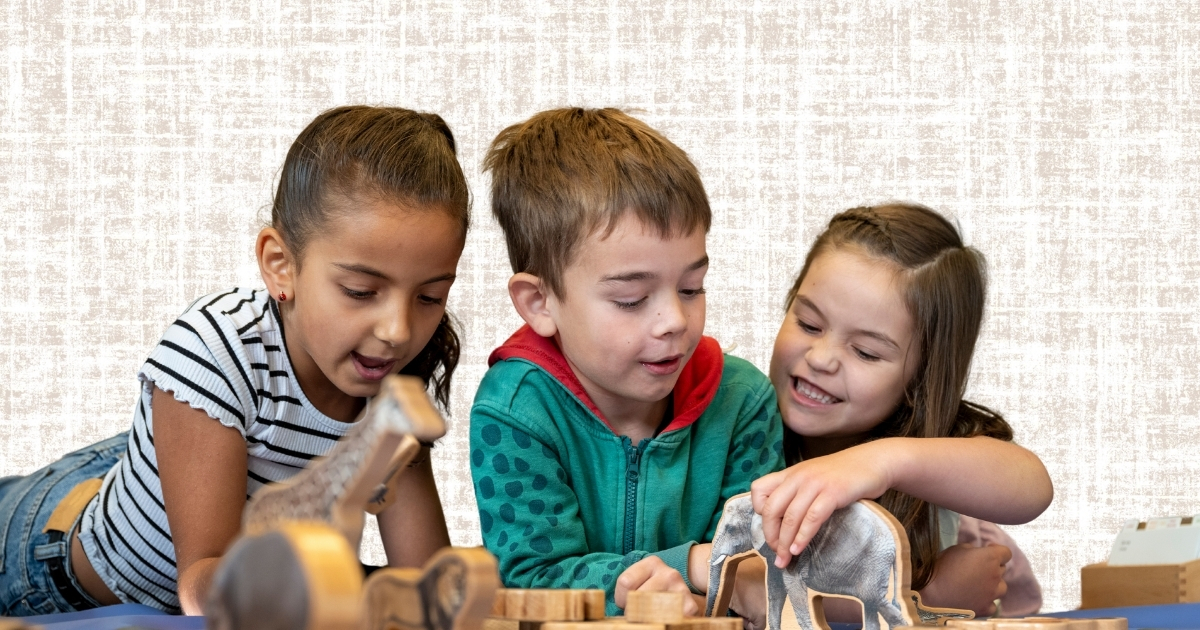
Can You Change Curriculum Once The School Year Has Started?
Picture this: you’re three months into the school year, and your child is struggling with math or showing zero interest in their science lessons. Meanwhile,

Picture this: you’re three months into the school year, and your child is struggling with math or showing zero interest in their science lessons. Meanwhile,

The breakfast table erupts in chaos as your toddler spills juice, your third-grader can’t find their math book, and your teenager announces they forgot about

Finding the right guidance and resources for your homeschool journey can feel overwhelming. With thousands of educational approaches, curriculum options, and teaching philosophies available, where

If you grew up in the ’80s or ’90s, chances are you remember gathering around a chunky classroom computer, sliding in a floppy disk, and

Halloween presents a perfect opportunity to blend spooky fun with educational activities that capture your child’s imagination while teaching valuable scientific principles. These Halloween science

Homeschooling with preschoolers presents unique challenges that many families face when trying to balance multiple grade levels. You might find yourself in the middle of

Homeschooling toddlers requires a thoughtful approach, especially if you aim to nurture independence while respecting their natural developmental stages. The Montessori method, known for its

Homeschooling offers a valuable opportunity to tailor education to your child’s unique needs, interests, and pace. Using Montessori homeschool principles can elevate this experience by

A homeschool chore schedule is not only about organizing tasks but also about fostering essential life skills. When parents incorporate chores into homeschooling, they create

Autumn is a season full of change, color, and inspiration, making it a fantastic time to bring creative and engaging activities into your homeschool classroom.
